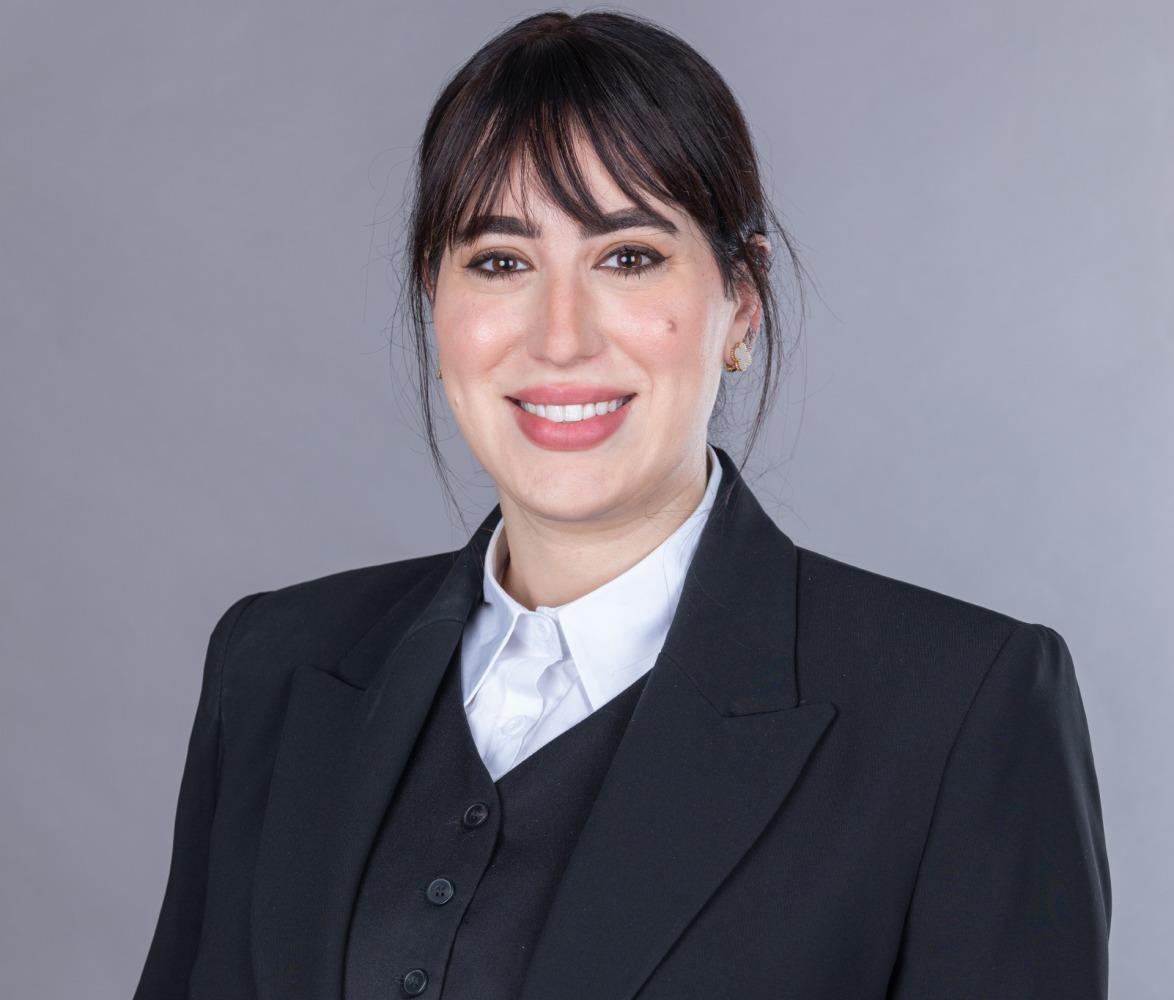
WISH Calls For Stronger Support In Qatar During World Breastfeeding Week
DOHA: As World Breastfeeding Week (August 1–7) was observed, the World Innovation Summit for Health (WISH), an initiative of Qatar Foundation, has issued a powerful call to action: move from encouragement to true enablement for mothers navigating the challenges of breastfeeding.
In a compelling reflection, Acting Director of Research and Content WISH, Maha El Akoum (pictured) has underscored the physical, emotional, and logistical hurdles many mothers face in their breastfeeding journey. From supply concerns to returning to work prematurely, the challenges are many-yet the benefits are undeniable. According to the World Health Organization, increased breastfeeding rates could save over 820,000 children's lives annually, with long-term advantages for both infants and mothers.
Despite global recognition of breastfeeding as a vital early health intervention, exclusive breastfeeding (EBF) rates remain below recommended levels-particularly in the Gulf region. In Qatar, only 29% of infants are exclusively breastfed for the first six months, falling short of the WHO's global target of 50%. Other regional figures are even lower, with Saudi Arabia reporting just 15.5% EBF for infants under six months.
“Breastfeeding is not only a maternal responsibility-it is a societal one,” El Akoum emphasised in a blog. It highlighted the progress Qatar has made, including Baby-Friendly Hospital Initiative (BFHI) certifications for major hospitals like Sidra Medicine and Hamad Medical Corporation. Additionally, Qatar's labor laws provide nursing mothers with two paid breastfeeding hours daily for two years post-delivery-a significant provision compared to regional standards.
Still, El Akoum has noted that maternity leave remains limited to 50 paid working days for many, posing a serious obstacle to sustained breastfeeding. Data show that only 18.6% of Qatari children and 36% of non-Qatari children are exclusively breastfed during the first six months.
To address these gaps, the blog by El Akoum advocates for a comprehensive policy shift.
Recommendations include extending paid maternity leave, creating workplace lactation rooms with refrigeration, and implementing employer-supported breastfeeding programs. WISH also pointed to international models-like Sweden's 480 days of paid parental leave-as examples Qatar could look to when refining its own policies.
“Support should not be circumstantial. It should be standard,” El Akoum said in the blog, reinforcing its commitment to shaping maternal health policy and driving cross-sectoral collaboration.
In support of continued awareness, WISH will host a community outreach event in collaboration with local partners in Q4 2025 and Q2 2026 to highlight the health benefits of breastfeeding for mothers in Qatar. Interested participants are invited to register by emailing [email protected] .
“A healthy start shouldn't be a privilege. It should be a right,” the blog concluded. As this year's World Breastfeeding Week unfolds, the message is clear: listening to mothers and investing in supportive environments is key to healthier communities and a stronger future for all.

Legal Disclaimer:
MENAFN provides the
information “as is” without warranty of any kind. We do not accept
any responsibility or liability for the accuracy, content, images,
videos, licenses, completeness, legality, or reliability of the information
contained in this article. If you have any complaints or copyright
issues related to this article, kindly contact the provider above.
















Comments
No comment